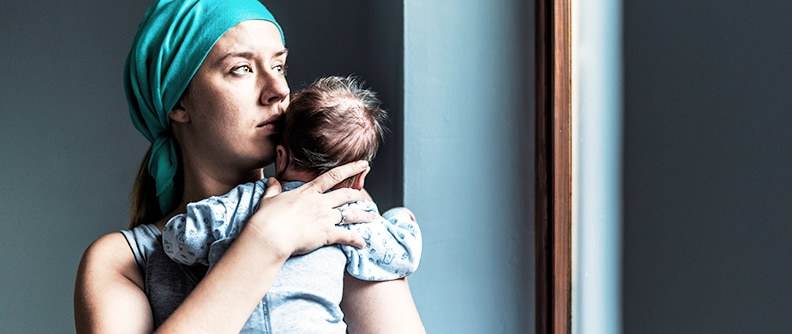After giving birth, you will probably spend the first weeks resting and recovering at home while bonding and taking care of your newborn. Complications are uncommon, but they do happen. That’s why it’s important to know the warning signs that something might be wrong.
Taking care of yourself
Call 911 and seek immediate care if you experience any of the following symptoms:
- Chest pain
- Difficulty breathing or shortness of breath
- Passing out (lost consciousness)
- Seizures
- Thoughts of harming yourself or your baby
You should also call your clinician if you experience:
- Severe vaginal bleeding. This means you are passing blood clots and soaking through a pad each hour for 2 or more hours.
- Dizziness or lightheaded, or feel like you might faint
- A fever of 100.4 degrees or higher
- New or worsening pain in your belly
- Signs of a blog clot in your leg, such as: a swollen leg that’s painful, red, or warm to the touch
- Signs of preeclampsia, such as: a severe headache, new vision problems (blurring or seeing spots), or sudden swelling in face, hands or feet
- Non-healing incisions, such as: redness or discharge, or your incision opens
- Thoughts of anxiety or despair
Do not wait to get care. If something doesn’t feel right, contact your care team or seek immediate medical attention.
